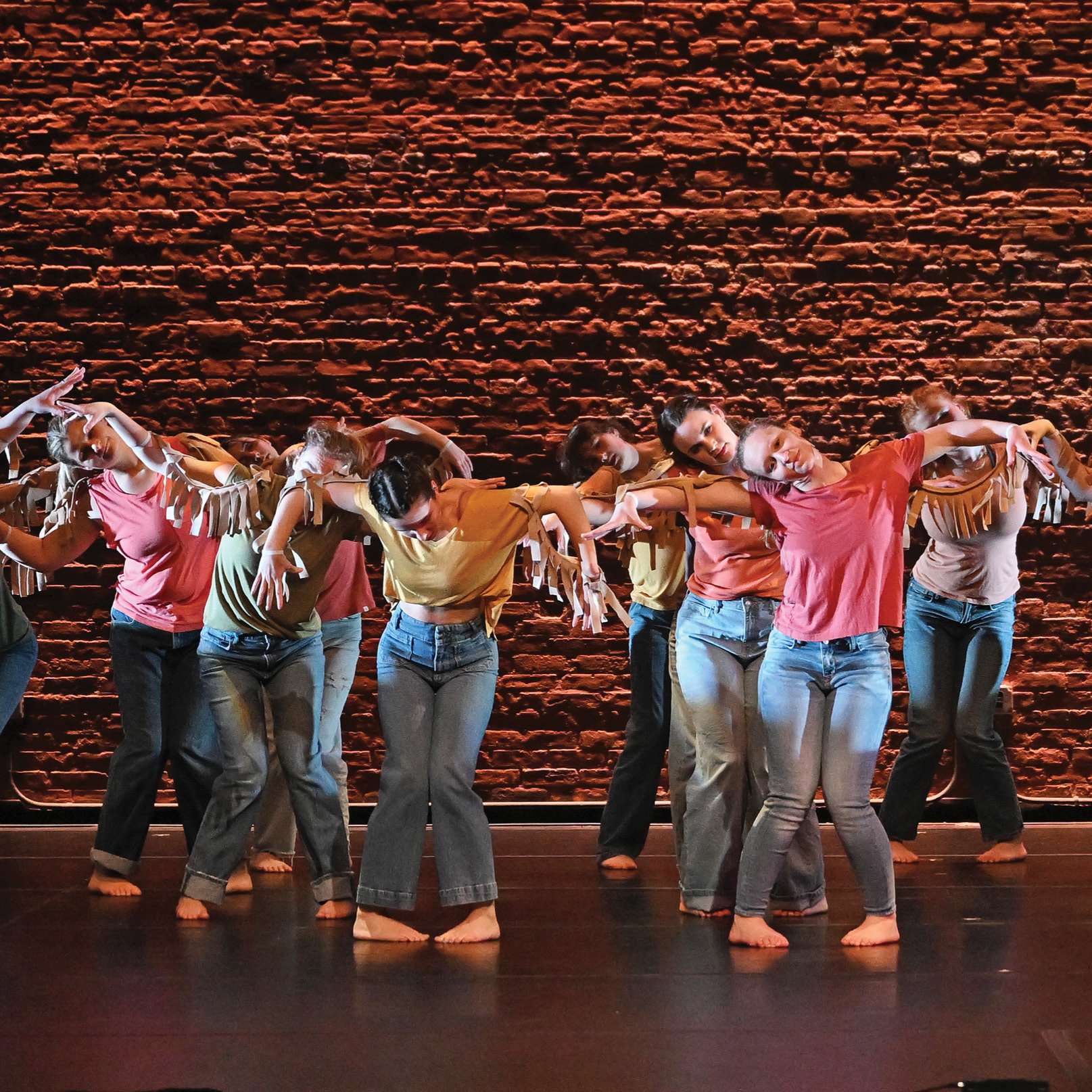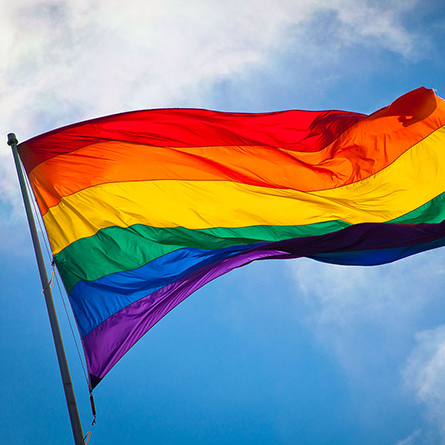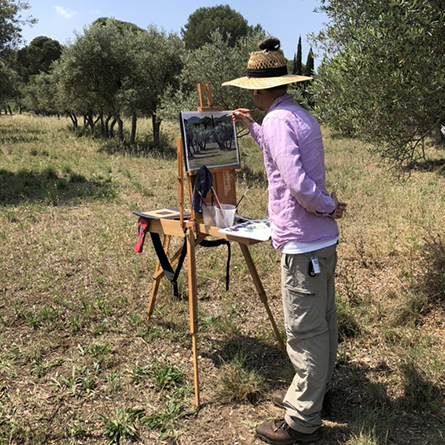
Professor publishes New York Times op-ed on history of anti-gay violence in the U.S.
In the wake of Sunday’s mass shooting at Pulse nightclub in Orlando, history professor James Downs has published an opinion piece in the New York Times recounting the history of anti-gay violence in America and urging the public not to forget its L.G.B.T. victims.
In the piece, Downs tells the story of a 1973 arson attack on a gay bar in New Orleans that left 32 people dead. A series of subsequent attacks on gay bars and churches set off fears in the L.G.B.T. community that these spaces of liberation—the very heart of the community—were also visible targets of violence and hatred.
“That fear has subsided somewhat over the last generation, to the point where for many gays, something like the Orlando shooting might have seemed almost unthinkable, until it happened,” Downs wrote in the Times. “It is a reminder that anti-gay violence has never been about individual acts against individuals, but an attack against the very idea that L.G.B.T. people should be free to express and enjoy themselves in public.”
Fortunately, Downs writes, the anti-gay attacks of the 1970s did not prevent L.G.B.T. people from meeting and marching, nor did it stop them from gathering at bars and clubs to enjoy themselves.
“There was too much at stake. We can only hope that the same thing happens today, and that we remember that, despite progress, there is still much at stake. The sites of our liberation must not become the targets of our oppression.”
Downs is currently an Andrew W. Mellon New Directions fellow at Harvard University and associate professor of history and American studies at Connecticut College. He is the author of Stand By Me: The Forgotten History of Gay Liberation and Sick From Freedom: African American Illness and Suffering during the Civil War and Reconstruction.
June 13, 2016

